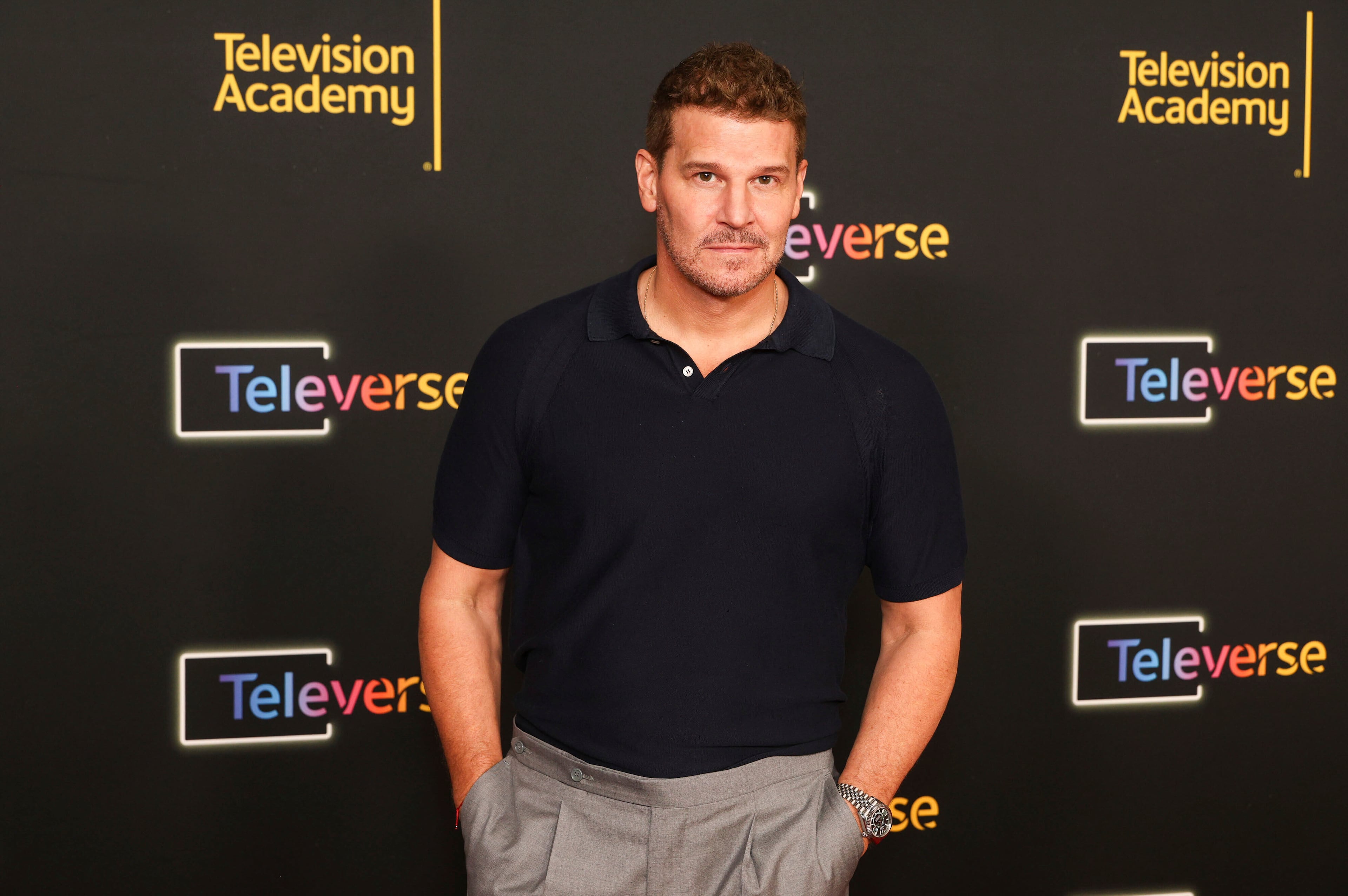Turner (CNN) /Dish Network dispute heats up

CNN for decades has been considered a "must carry" network on cable and satellite carriers since the 1980s.
To Dish Network, that isn't the case anymore. For the past two weeks, its 14 million subscribers (13 percent of CNN's audience) hasn't been able to watch the network, including Election night, when CNN usually pulls in big numbers. Seven other Turner networks, including Cartoon Network, Adult Swim and TruTV, are cut off as well because the two sides have not agreed to a deal. (Turner's more popular TNT and TBS channels are part of a separate deal.)
"When we take something down, we're prepared to leave it down forever," Dish Network chairman Charlie Ergen said during an earnings call yesterday using unusually sharp words. "Things like CNN are not quite the product they used to be."
He then mocked their Malaysian plane coverage; "Twenty years ago, CNN was a must-have channel, but it's not a top 10 network anymore ... unless they find the plane, the Malaysian plane," Ergen added.
Typically, a cable or satellite provider pays certain fees to air cable networks. There are also issues now related to airing those networks in the digital space.
Turner responded: “We are disappointed in the aggressive nature of comments from the Dish Network, particularly given the fact that Dish agreed to our rates and carriage proposal weeks ago….While there were clearly deal points to get done, they were not the type you would usually go dark over. So it is still unclear to us exactly what this dispute is about.”
With more people choosing not to pay the ever-rising fees for cable or satellite, those carriers are feeling pressure to keep costs down.
As a result, these disputes are becoming more common. The Weather Channel battled DirecTV for three months earlier this year but ultimately came to an agreement. Fox SportsSouth has not aired a number of Braves games on Dish for two seasons now over a similar dispute.
Dish is trying to create a cheaper Internet-only option with fewer channels. Obviously, Turner would love some of its channels to be part of it.
"This is usual posturing between networks and distribution providers," said Rich Hanley, who follows cable TV as an associate professor in the journalism program at Quinnipiac Universityin Hamden, CT. "Trash talking used to be restricted to sports talk and bars. Now it's going on in corporate America." But he expects the two sides to find a resolution, especially since Turner has leverage with its separate TNT/TBS deal coming due soon.


